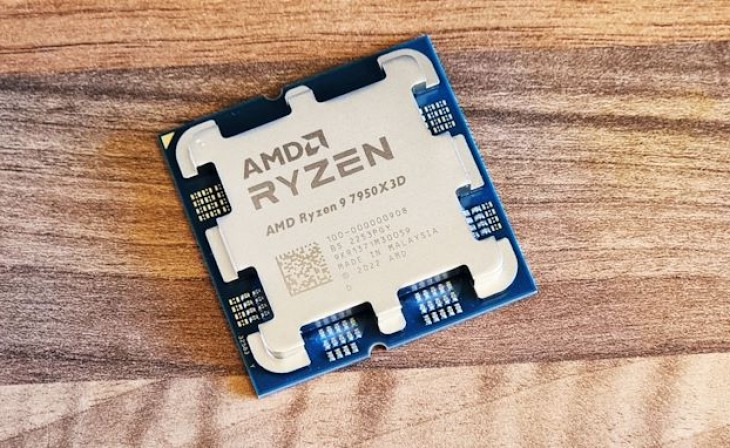Ryzen 9 7950X3D vs. Core i9: Performance and Power Efficiency Showdown
Core i9: 13th vs. 14th Generation
- Similar Performance: The 13th and 14th-gen Core i9s are nearly identical in performance, making the newer models less appealing for a higher price.
- Intel's APO Feature: The 14th-gen boasts Application Optimization, but it's currently effective in only two games, suggesting a marketing tactic rather than a substantial upgrade.
- Price Comparison: The 14900KF is about $30 more than the 13900K, while the 14900K is $40 more than its 13th-gen counterpart.
Also Check "Logitech Z407 Review: Achieving Audio Balance at an Affordable Price"
Ryzen 9 7950X3D: A Strong Contender
- Pricing Edge: The 7950X3D is priced competitively at just $10 more than the standard 7950X.
- Productivity Performance: In productivity tasks, the 7950X3D matches or exceeds the Core i9, especially in power efficiency.
Power Consumption and Efficiency
- Significant Difference: In tasks like running Cinebench, the 14900K system used 92% more power than the 7950X3D (533 watts vs. 277 watts).
- Efficiency Winner: For productivity, the Ryzen 9 7950X3D emerges as the more power-efficient and sensible choice.
Gaming Performance
- Ryzen's Advantage: The 7950X3D generally offers slightly better gaming performance than the Core i9.
- Lower Power Consumption: The Ryzen's advantage is further solidified by its lower power usage.
Final Recommendation
- The Verdict: Given its comparable productivity performance, better gaming results, and significantly lower power consumption, the Ryzen 9 7950X3D at $580 is the recommended choice over the Core i9.
Conclusion
In the high-stakes battle of flagship CPUs, the Ryzen 9 7950X3D stands out with its blend of power efficiency and performance. For users prioritizing both productivity and gaming, it offers a compelling package that edges out Intel's Core i9 offerings in key areas.




